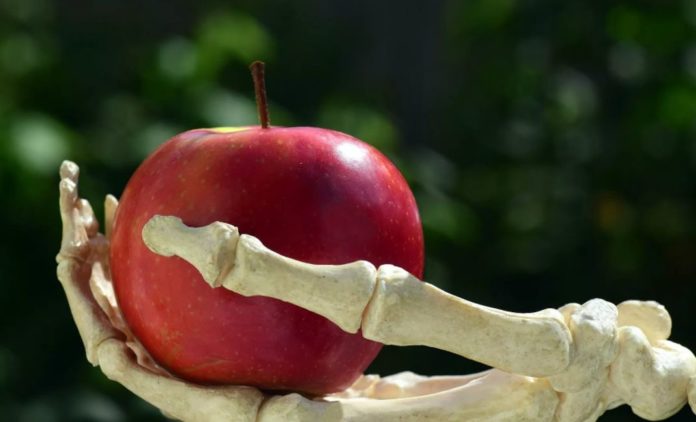The total renunciation of foods of animal origin is in fashion more than ever. But does it include enough elements to have strong bones?
The German Federal Institute for Risk Assessment (BfR) study compared the bone health of 36 vegans and 36 people following a mixed-food diet with an ultrasound measurement of the heel bone.
The result showed that on average, the people who followed a vegan diet had lower ultrasound values compared to the other group. This indicates poorer bone health.
- Scientists in Fear of This New Predator From Red Sea Eating Native Species in Mediterranean
- Does This Mean We Stopped Being Animal and Started Being Human Due to ‘Copy Paste’ Errors?
- The One Lifestyle Choice That Could Reduce Your Heart Disease Risk By More Than 22%
- Aging: This Is What Happens Inside Your Body Right After Exercise
- Immune-Boosting Drink that Mimics Fasting to Reduce Fat – Scientists ‘Were Surprised’ By New Findings
In addition, in the study, the scientists also determined biomarkers in blood and urine.
Of the 28 parameters of nutritional status and bone metabolism, it was possible to identify twelve biomarkers most strongly associated with bone health, for example, the amino acid lysine and vitamins A and B6.
The results show that in most cases, the combination of these biomarkers was present in lower concentrations in vegans.
This could be a possible explanation for the poorer bone health.
“A vegan diet is often viewed as healthy. However, our scientific findings indicate that a vegan diet affects bone health,” says BfR President Professor Andreas Hensel.
